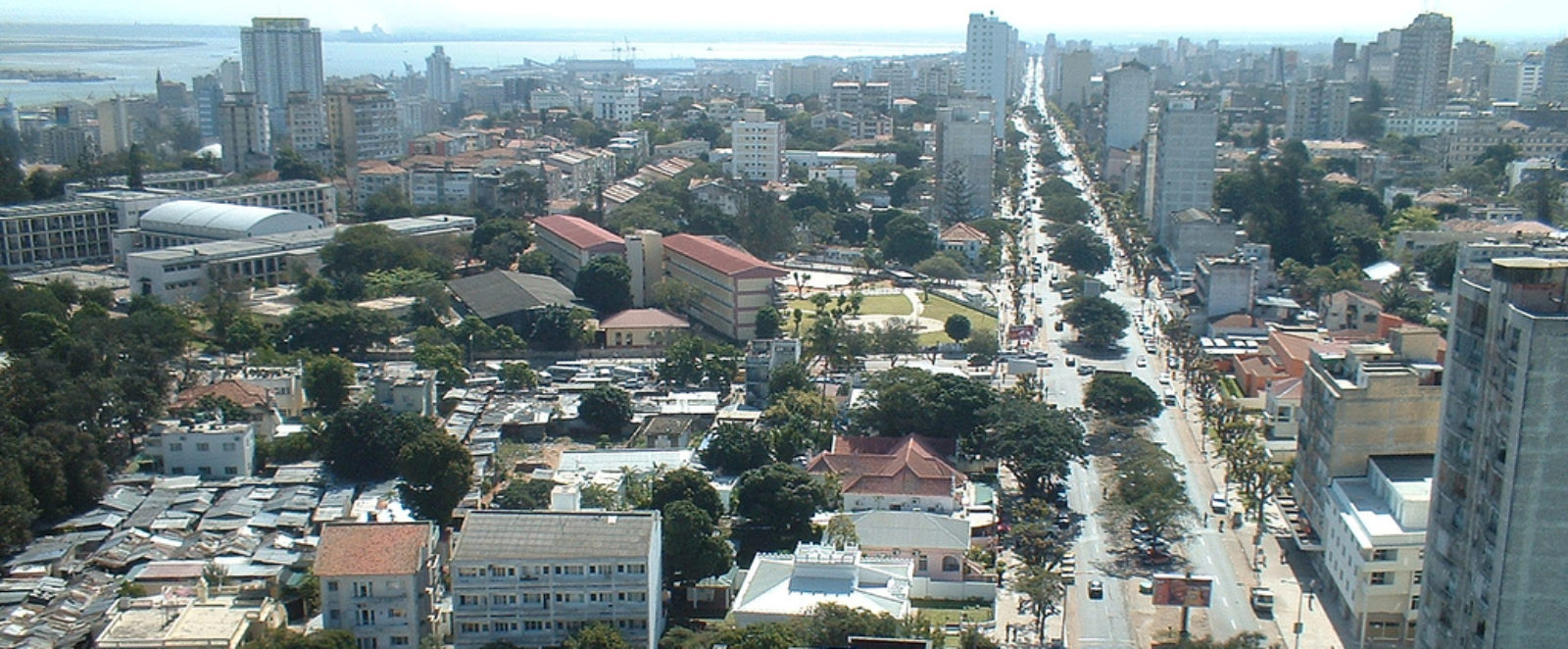News
New open-access journal article in Sustainability Science
Translating the sustainable development goals in national development planning: the case of Mozambique’s energy for all programme
The international community has emphasised the importance of governments adapting the United Nations Sustainable Development Goals (SDGs) to national policy priorities. Whilst sustainability assessment frameworks and indicators are meant to facilitate adaptation, their assumption of high institutional capacity based on Global North contexts is a shorthand for Global South contexts. In particular, limited institutional capacity means that electricity utilities in the Global South struggle with meeting national and international demands to universalise access to basic services for the entire population as well as in ensuring financial sustainability. Based on a case study of the Mozambique government’s National Energy for All Programme, this paper analyses the ways the public electricity company Electricity of Mozambique (known as EDM) has been translating SDG 7.1 on ‘ensuring universal access to affordable, reliable and modern energy services’ into its national political context given the conditionalities of international donors and investors. One outcome of this translation, a compartmentalisation of EDM’s organisational structure, is counterproductive to the integrative and autonomous approach of the SDGs for sustainable development at the national level. To reduce organisational fragmentation and dependency of national project implementers such as EDM on donor interventions, the international community needs to tailor and better align SDG-oriented interventions with the conditions of Southern institutional frameworks and their political contexts.


